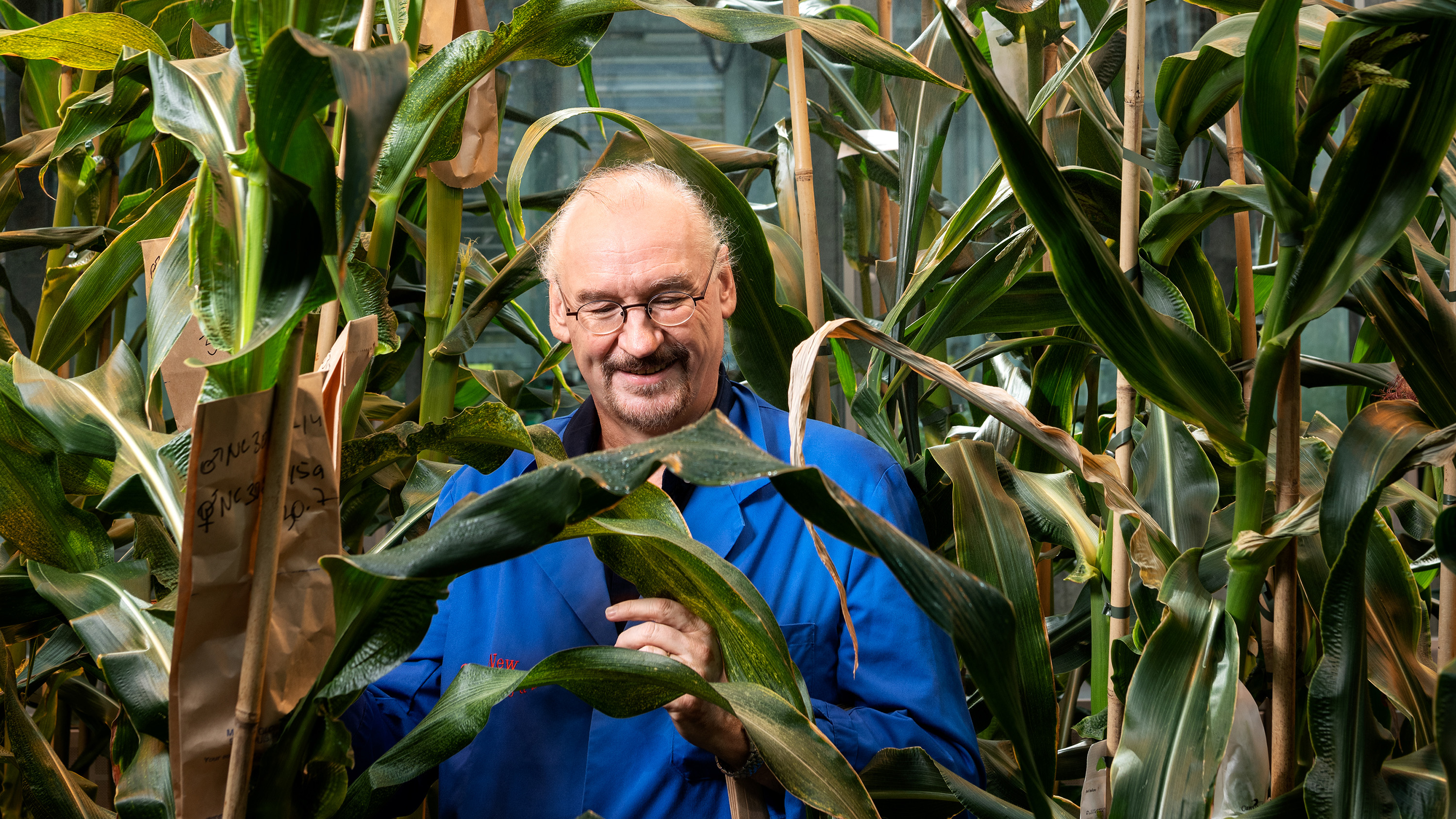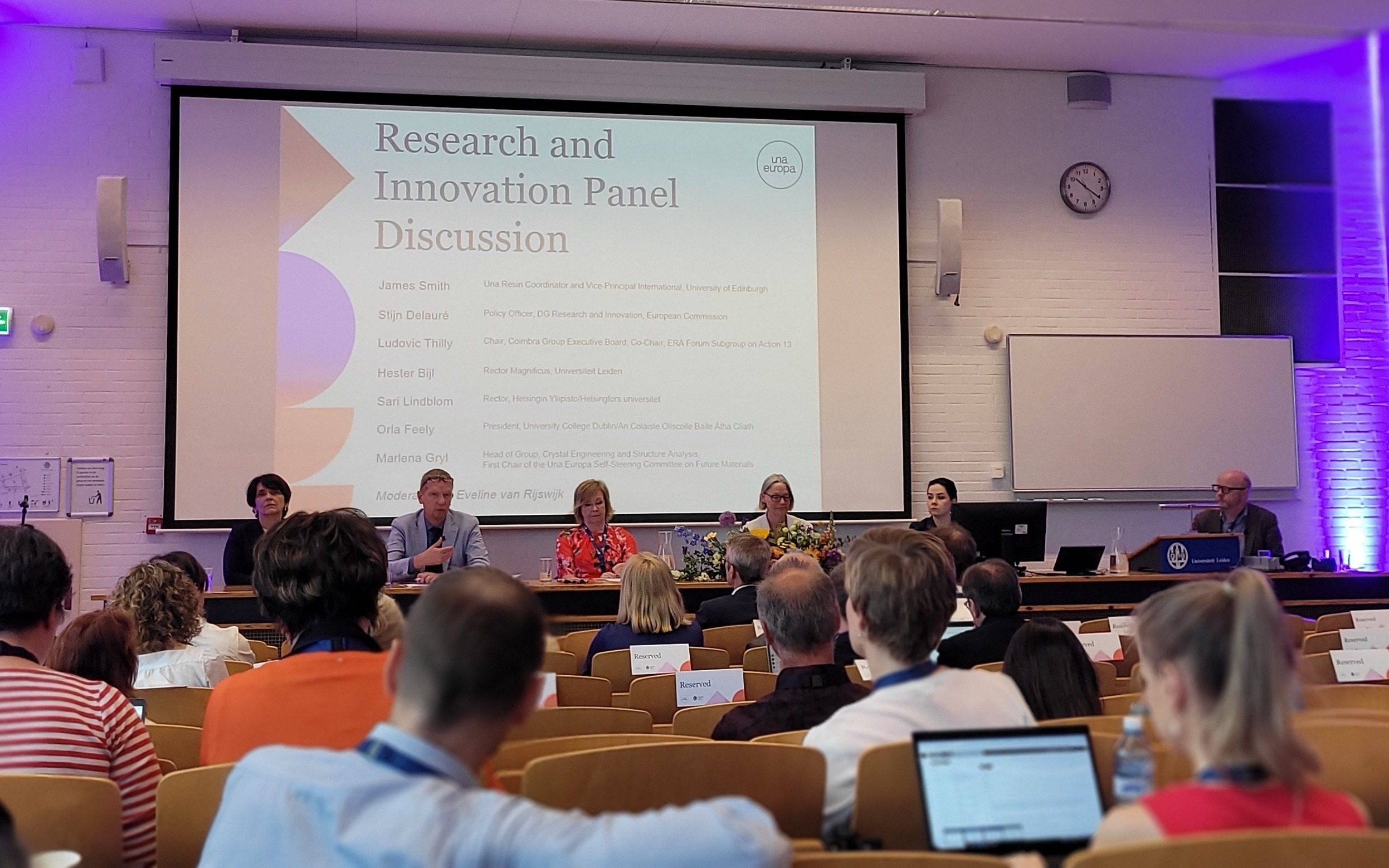Towards Climate Neutrality: UZH’s Environmentally Sustainable Internationalization
UZH aims to be climate-neutral by 2030. To this end, UZH has taken implementation measures at all levels, including in the field of internationalization.
The strongest leverage available to UZH for achieving climate neutrality are in research and teaching and, increasingly, the exchange with the public. In order to maximise the output of international activities, we rely on a network strategy as outlined in the Global Strategy 2030. Targeted incentives in funding and support services also contribute to an environmentally sustainable internationalization.
Let’s have a closer look at these areas of action.
Addressing global challenges with research and teaching
As a research-intense university, UZH makes an interdisciplinary contribution to solving global challenges in almost all areas of society. The complex nature of issues like biodiversity, climate change, social cohesion, public health, misinformation and the digital divide demands collaboration across various fields.

UZH’s international activities focus on platforms and outreach opportunities that enhance the role of research and teaching in tackling global challenges. International research collaborations and membership in leading global university networks enable UZH’s researchers and staff to work with the best in their field. The international networks also support early-career researchers, who will continue to contribute to a sustainable future.
Maximizing sustainable impact through international networks
UZH amplifies its sustainability engagement by strategically aligning itself with selected European and international university networks like Una Europa, LERU and Universitas 21. Rather than maintaining institutional relations to universities individually, network membership allows UZH to coordinate activities more efficiently. Most exchanges are conducted virtually, and when in-person interactions are required, events, discussions, workshops, and meetings are organized to involve multiple partners simultaneously, thereby reducing overall travel.
Furthermore, UZH encourages its partners to provide sustainable exchange opportunities. Internally, participation in network meetings is coordinated, as there are many participants at UZH who can also represent each other’s interests. Generally, a local presence requires an active role on the ground.
The university networks also have sustainability strategies on their own, supporting research, teaching programs as well as student initiatives that promote sustainability. For instance, Universitas 21 advises the UN Economic and Social Council and contributes to the UN Sustainable Development Goals. In addition, the network is a signatory of the CANIE Accord, through which organizations from the international education sector commit to at least five climate actions spanning over three or more areas. Una Europa is working on curricula with a focus on sustainability and has developed a “Sustainable Travel Tool”, which helps finding the most environmentally sustainable travel route from one Una Europa city to another.
Una Europa:
Sustainable development
Sustainable travel tool
Universitas 21:
Sustainable development goals
RISE awards – student-led projects with a real impact on society and environment
CANIE Accord

Encouraging sustainable behavior
UZH also supports finding innovative new solutions and encourages behavioral changes with targeted incentives in areas such as research funding. Research projects are increasingly required to demonstrate that their activities are geared towards sustainability. For example, the Travel Grants of the UZH Graduate Campus and the funding calls of the Global Strategy and Partnerships Funding Scheme use sustainability criteria in their applications.
Travel Grants of the Graduate Campus
Global Strategy and Partnerships Funding Scheme
In the area of teaching, funding is available for projects that promote internationalization at home through virtual formats (e.g. Cooperative Online International Learning Modules). In international student mobility, “Green travel top-ups” support the choice of sustainable transport options.
UZH Teaching Fund
Grant for eco-friendly travel for student mobility
Recognizing the importance of sustainable travel, UZH has taken various measures to reduce air travel and established guidelines to help choose the most eco-friendly transportation options when travel is necessary:
UZH Sustainability, Factsheet Business Travel (PDF, 364 KB)
UZH Sustainability, Reduction measures and Recommendations on flights